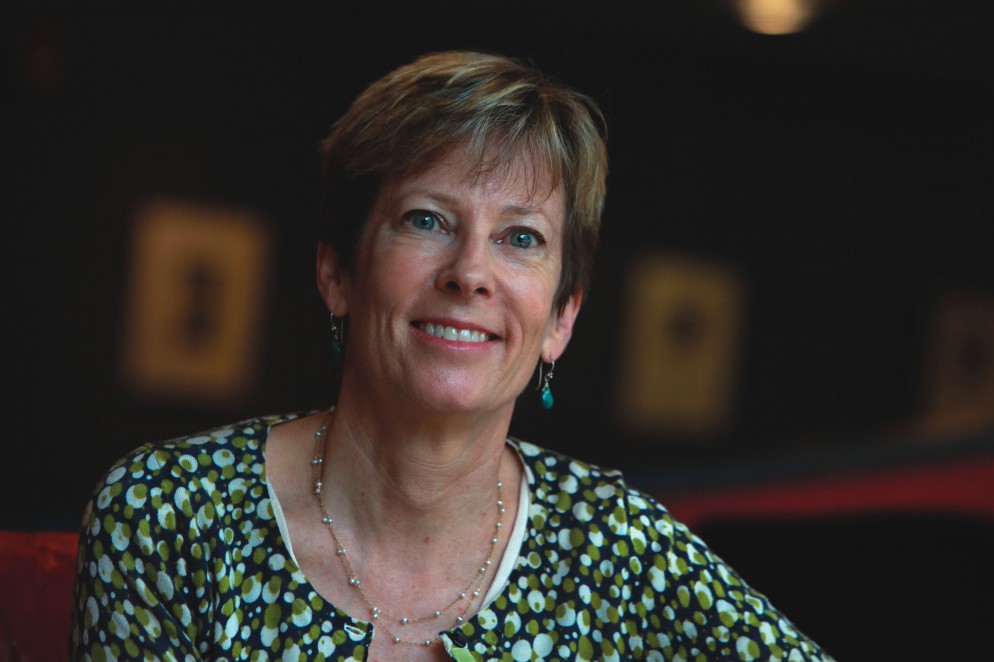This summer I watched some miracles unfold. They happened around 3 p.m. at a big table in Tutt Library. Usually these kinds of miracles involve students and a later hour, but this time it was CC faculty. Both Sarah Hautzinger in Anthropology and Ryan Bañagale in Music did something risky. As part of a program in the Crown Faculty Center, they took finished book manuscripts, still in draft form but work that has engaged them both for years, and offered it up to a team of experts to read, critique, take apart, and rebuild.
In each seminar, the group spent most of a day working through the manuscript chapter by chapter, tearing apart the author’s precious argument, but around 3 p.m., everybody got excited. With some reorganization and rethinking of the data, a great book suddenly emerged from that drafty, still messy manuscript. Because they were experts, in modern warfare and the homefront or the music history of the 20th century, these scholars had the ability and desire to work hard at creating new knowledge.
I saw two wonderful things: our faculty operating at the tops of their games in the company of other experts, and a demonstration of why scholarship matters at CC. These scholars modeled expertise, cooperation, and vulnerability. That combination is crucial. The vulnerability piece might be the most important and the hardest to model effectively for our students. The seminar reminded me how important scholarship is for our endeavor at CC.
If you don’t have genuinely new pieces of work, you can’t be vulnerable as you test and share ideas with a class. In my history world of trying to figure out how things happened in the past, knowledge changes because new sources emerge and historians develop new tools to evaluate these sources. Writing history is hard. How could I possibly teach students to do research that goes far beyond the obvious and to write and rewrite if I’m not practicing this myself? Teaching it and doing it — hypothesizing, researching, and writing — seem inseparable. Workshopping my own unfinished scholarly work along with my students makes me vulnerable like everyone else, but also open to that genuinely better idea. And that is a miracle we should nurture every day.
Anne Hyde is professor of history and director of the Crown Faculty Center.
